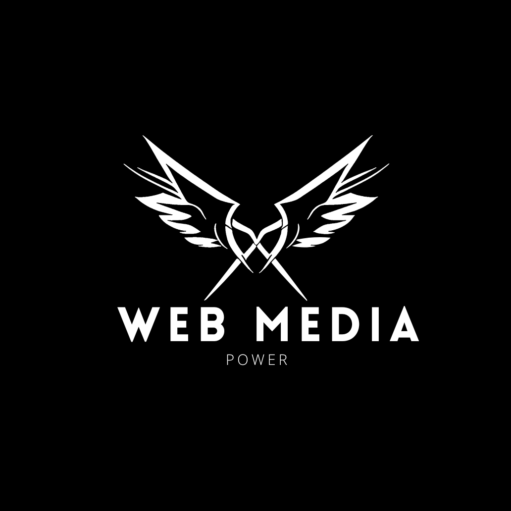Web media has transformed the way we communicate, learn, and entertain ourselves. Whether you’re scrolling through social media, reading news online, or streaming your favorite show, web media is an essential part of daily life. But what exactly is web media used for? Let’s dive deep into its purposes and applications.
Understanding Web Media For Digital Marketing!

What is Web Media?
Web media refers to any form of digital content that is shared and accessed over the internet. This includes videos, articles, social media posts, podcasts, and more.
Evolution of Web Media
From the early days of static websites to the rise of social media and streaming platforms, web media has continuously evolved, making information more accessible and engaging than ever before.
Types of Web Media
1. Social Media
Platforms like Facebook, Instagram, Twitter, and LinkedIn allow people to connect, share content, and promote businesses globally.
2. Video Streaming Platforms
YouTube, Netflix, and other streaming services provide entertainment, education, and business opportunities through video content.
3. Blogs and Articles
Websites and personal blogs offer informative and engaging content on a wide range of topics, from travel to technology.
4. Podcasts and Audio Media
With the rise of Spotify and Apple Podcasts, people consume audio content for education, entertainment, and news.
5. Digital Advertisements
Online ads through Google Ads, social media promotions, and influencer marketing help businesses grow their reach.
6. Online News and Magazines
Websites like BBC, CNN, and The New York Times provide real-time news updates globally.
Importance of Web Media
1. Instant Access to Information
News and educational content are accessible 24/7, making learning and staying informed easier than ever.
2. Global Reach and Connectivity
Businesses and individuals can reach a global audience within seconds.
3. Cost-Effective Marketing
Compared to traditional advertising, digital marketing through web media is more affordable and offers better returns.
4. Real-Time Communication
Live streaming and instant messaging allow for instant engagement with audiences worldwide.
How Web Media is Used in Different Sectors?
1. Business and Marketing
– Digital Marketing Strategies
SEO, content marketing, and social media campaigns drive brand awareness and sales.
– Social Media Marketing
Platforms like Instagram and Facebook help brands connect with their target audience.
2. Education
– E-Learning Platforms
Online courses and webinars provide education beyond physical classrooms.
– Online Research
Students and professionals access vast amounts of information instantly.
3. Entertainment Industry
– Streaming Services
Netflix, YouTube, and Amazon Prime redefine how people consume entertainment.
– Online Gaming
Gaming platforms engage millions of users worldwide.
4. Healthcare
– Telemedicine
Patients consult doctors online, making healthcare more accessible.
– Health Blogs and Awareness Campaigns
Educational content raises awareness about health issues.
5. Journalism and News
– Online News Platforms
Websites provide real-time updates on global events.
– Citizen Journalism
Social media allows individuals to report news instantly.
Advantages of Web Media
- Easy accessibility to information
- Real-time updates on events
- Interactive and engaging content
Challenges and Concerns with Web Media
- Privacy and security concerns
- Spread of misinformation and fake news
- Digital addiction and screen time issues
Future of Web Media
AI and Automation in Web Media
Artificial Intelligence (AI) is revolutionizing content creation and personalization.
Augmented Reality (AR) and Virtual Reality (VR)
Immersive experiences will enhance user engagement in entertainment and education.
Conclusion
Web media has become an essential tool for communication, education, business, and entertainment. As technology evolves, its role will continue to expand, shaping the future of digital interactions.
FAQs
1. What is the main purpose of web media?
Web media is used for communication, entertainment, marketing, and education.
2. How does web media benefit businesses?
It helps businesses reach global audiences, engage customers, and improve brand visibility.
3. What are some examples of web media?
Social media, streaming platforms, blogs, podcasts, and digital advertisements.
4. Is web media safe?
While generally safe, users should be cautious about privacy issues and misinformation.
5. How will web media evolve in the future?
With advancements in AI, AR, and VR, web media will become more interactive and personalized.
Please don’t forget to leave a review.
Explore more by joining me on Patreon
